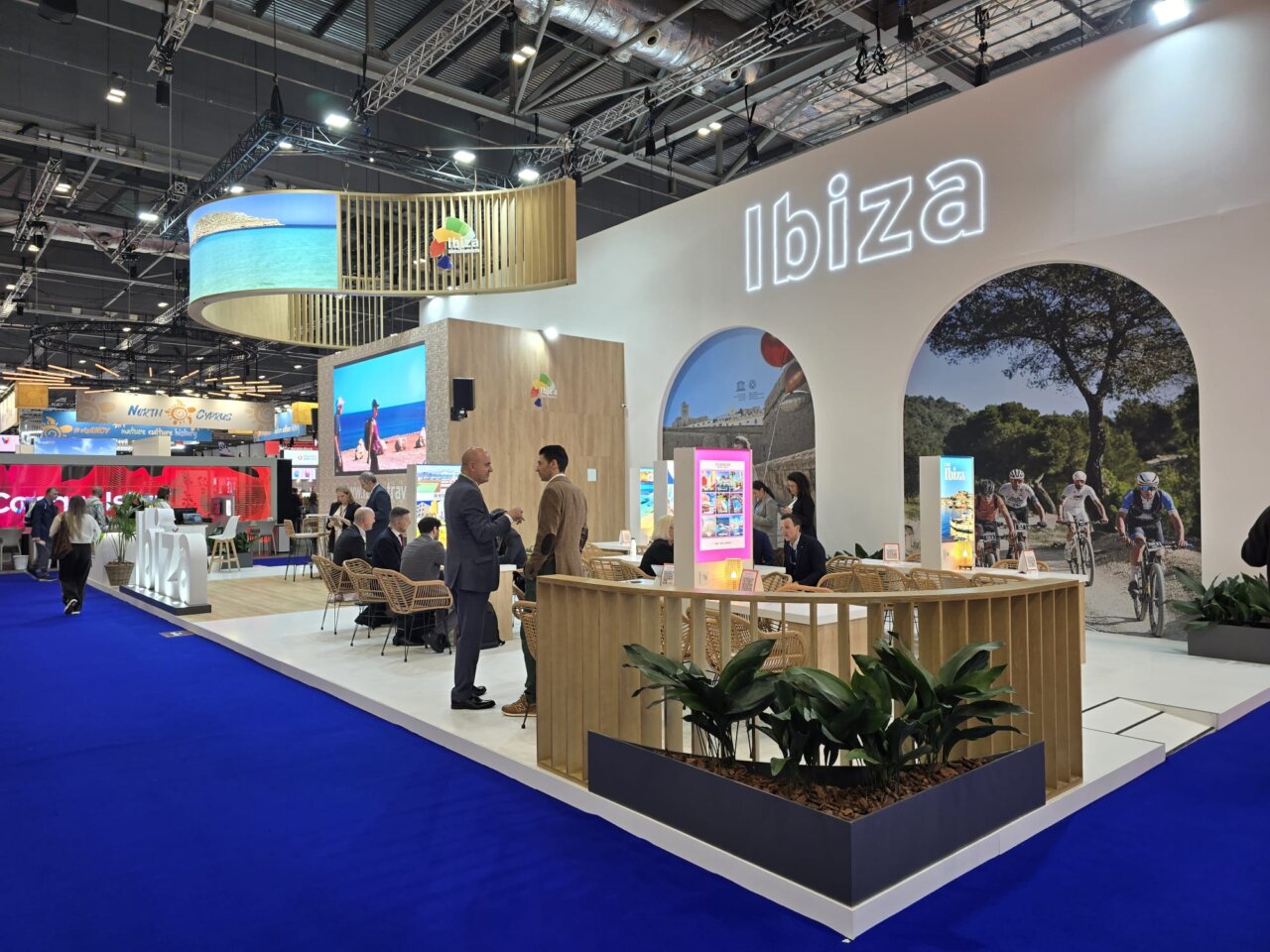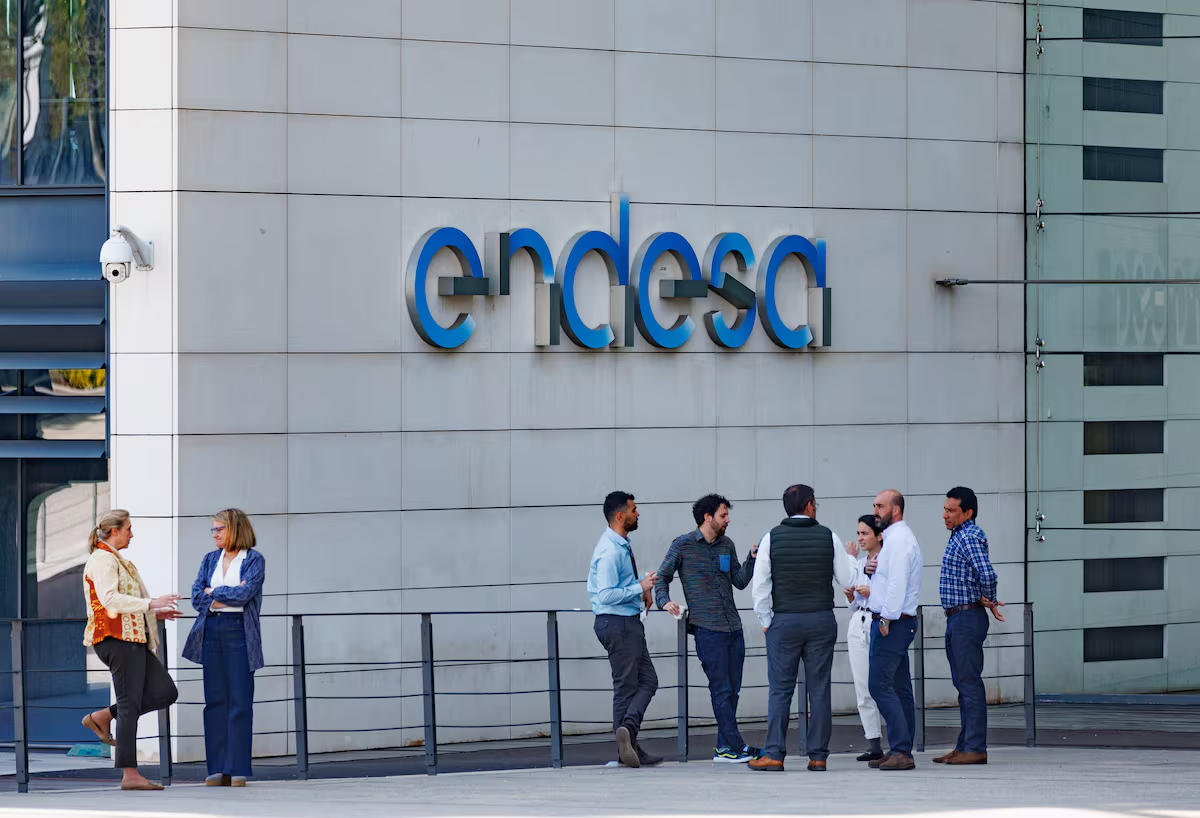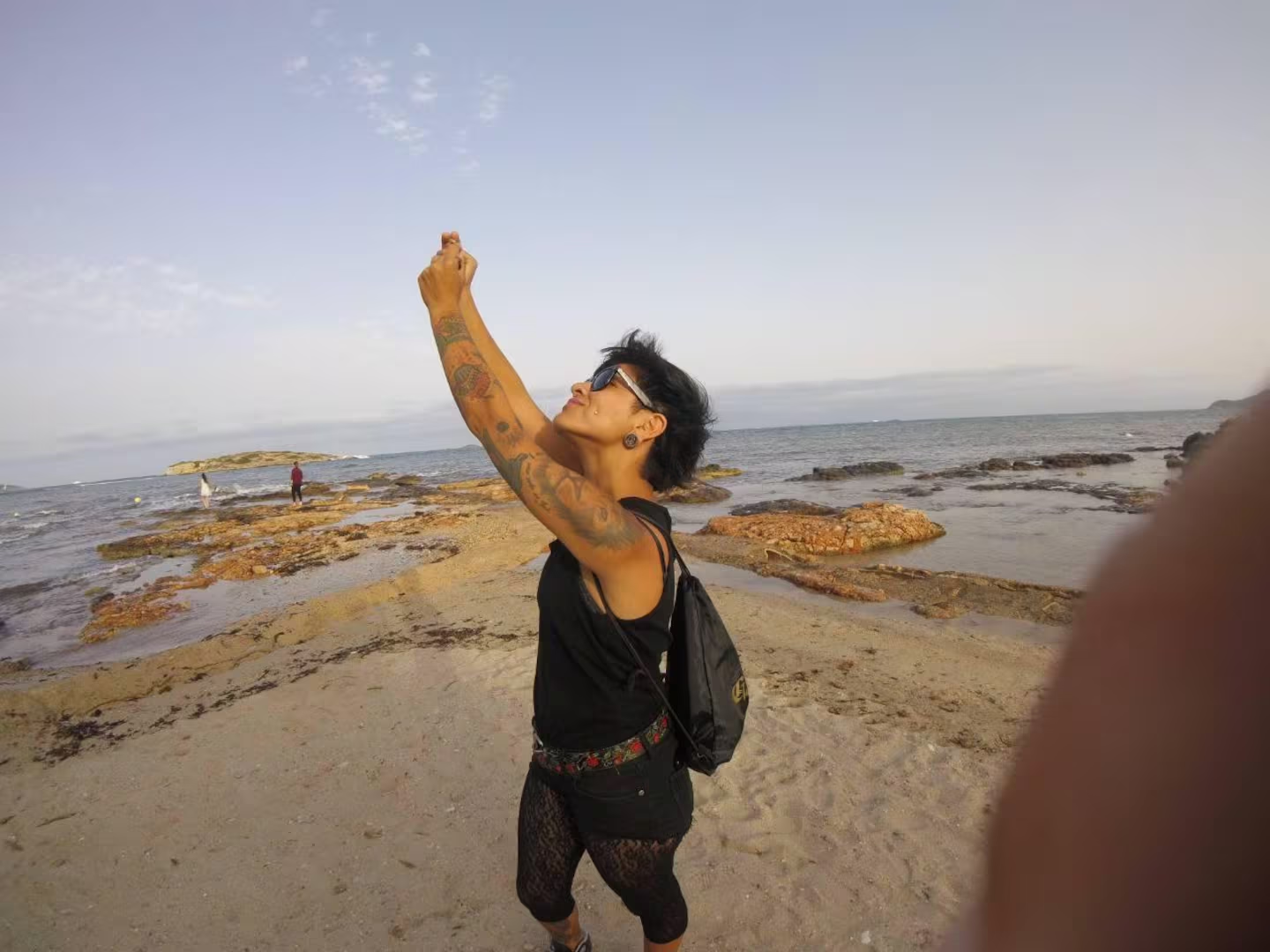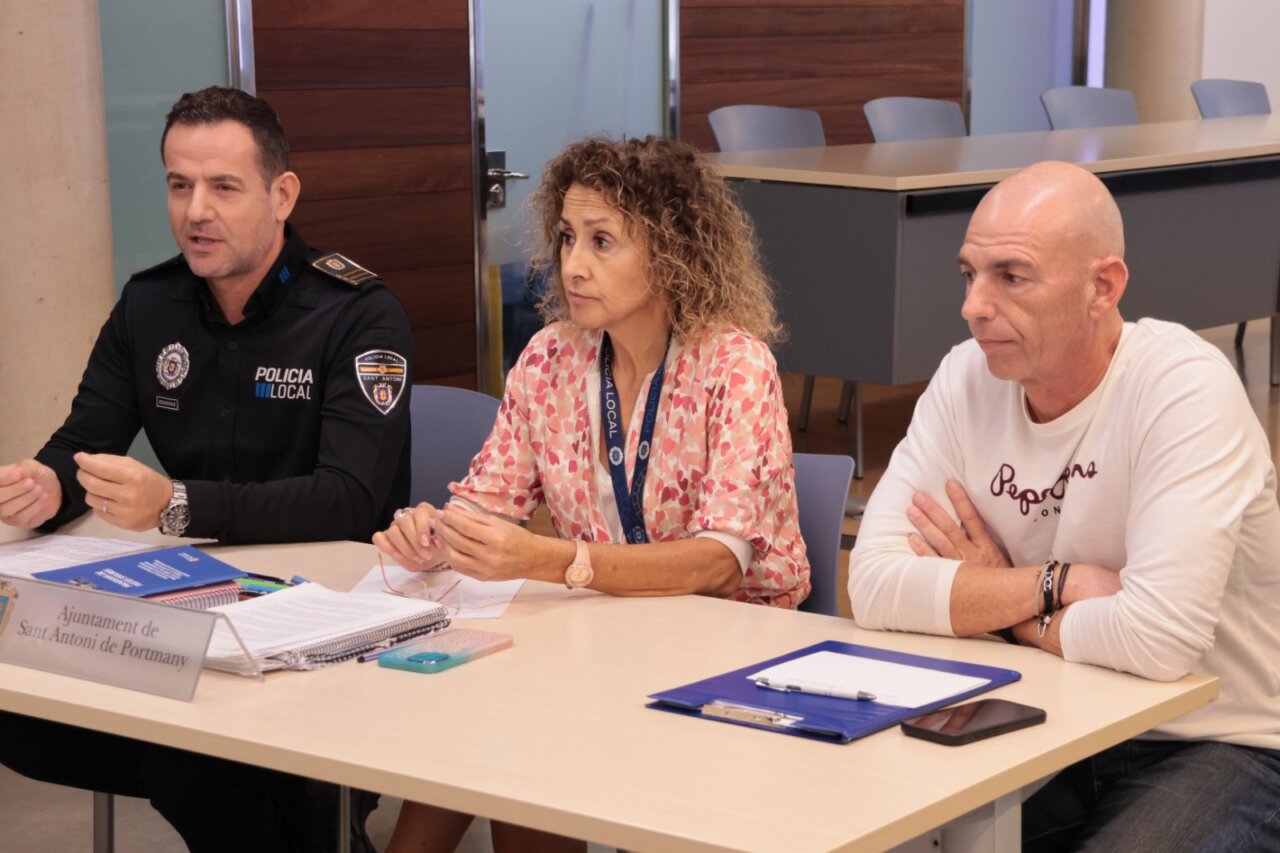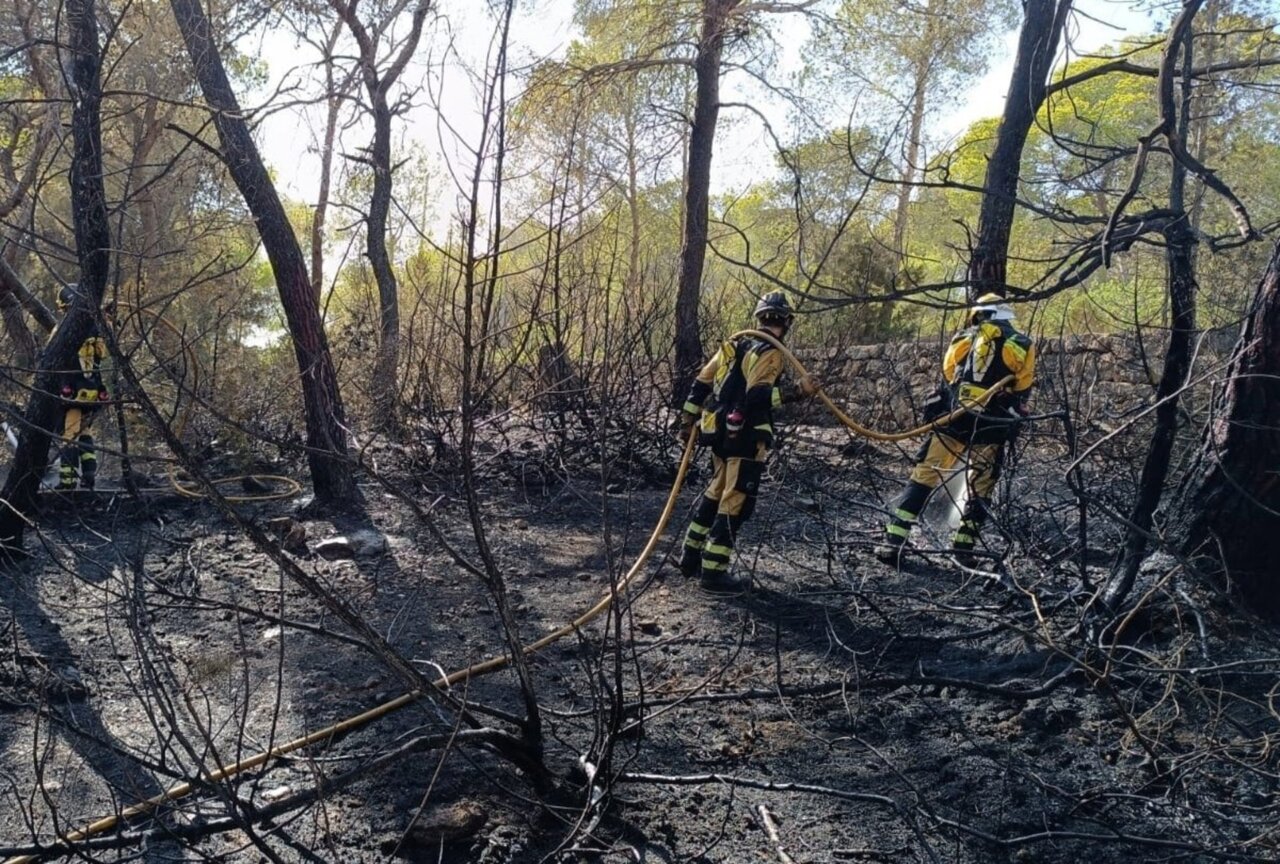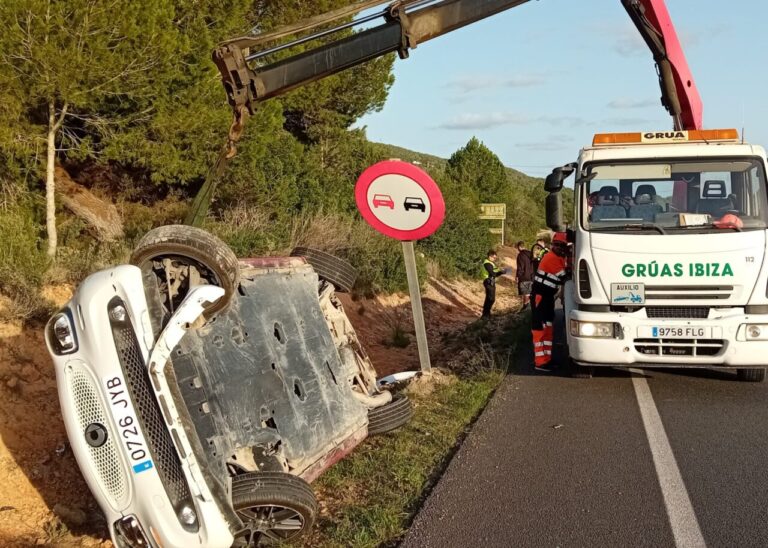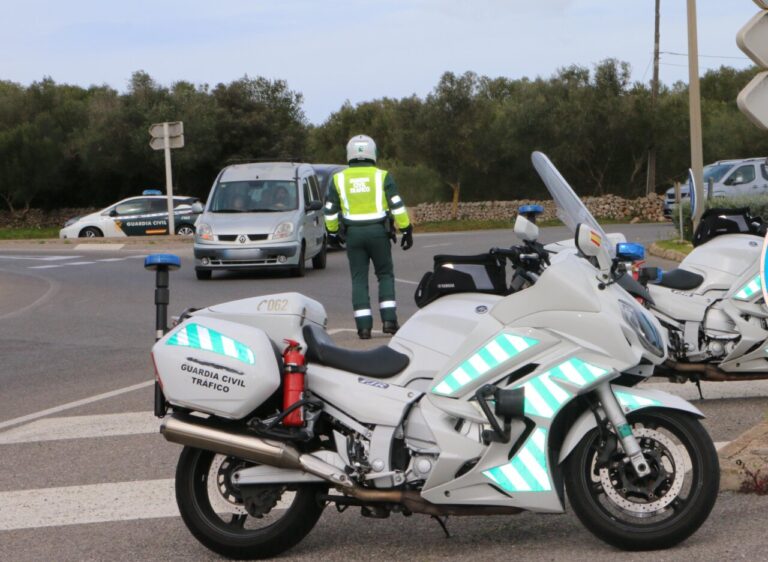Ibiza continues to broaden horizons in its tourism strategy. The president of the Consell Insular, Vicente Marí, said at the World Travel Market in London that the island is experiencing a growing interest from Eastern European countries, a trend that reinforces the institutional objective of diversifying markets and reducing dependence on British and German tourism.
“Other European markets, such as Romania, the Czech Republic and Poland, are already showing a growing demand. It is important to continue diversifying so as not to depend on one or two markets,” he explained in an interview with Radio Ibiza.
The president stressed that this opening up to new outbound destinations is key to maintaining the economic stability of the tourism sector in the face of possible international fluctuations. Although the current figures are still modest, the Consell considers that the growth potential of these countries is “important” and can be consolidated thanks to the joint work with tour operators seeking to expand their offer in the Mediterranean.
A more sustainable, family-oriented, long-season Ibiza
From London, Marí stressed that the message that the Ibizan delegation has conveyed to international agents and media is focused on a new Ibiza: sustainable, family-oriented and less dependent on mass tourism. The island wants to present itself as a quality and planned destination, where visitors can enjoy themselves without saturating the environment.
During his meeting with British journalists, the president explained policies such as the regulation of tourist vehicles, the fight against intrusion and the consolidation of the Ibiza Family Moments seal, which seeks to attract European families. “We don’t want more tourism, we want better tourism,” he insisted.
At the same time, Marí highlighted the progress made in deseasonalization. The proliferation of sporting and cultural events -such as marathons, triathlons and cycling tours- is making it possible to extend the season by up to eight months. “The famous deseasonalization is already a reality,” he said, recalling that both airlines and hotels are bringing forward their operations to March.
Diversification as a guarantee for the future
The president recalled that Ibiza enjoys an advantageous position compared to other Mediterranean destinations thanks to its multi-market model. In addition to the British market, which remains the main international market and which he described as “loyal and prescriptive”, the island is strengthening its presence in other European countries that traditionally did not travel to the archipelago.
“Ibiza has a great strength: it does not depend on a single tourist market, but on a very important variety of nationalities. That diversity gives us stability if any market runs into difficulties,” he stressed.
The opening to new audiences, especially from Eastern Europe, is in line with the island authorities’ strategy of preserving the environment and prolonging the profitability of the tourism sector without sacrificing sustainability. According to Marí, “we want an industry from which we can live for many years, and for that it is essential to take care of the island”.
Context of moderate optimism
At the World Travel Market, the main tour operators, such as TUI, gave the Ibizan delegation positive forecasts for 2026, in line with the good results of 2024 and 2025. In addition, the president assured that the eco-tax is no longer a reason for debate in international markets, since visitors “understand that these funds are intended to preserve the environment and improve the destination”.
Despite the traditional “bad press” that some British tabloids dedicate to Ibiza, Marí affirmed that the island’s image is positive and solid, sustained by the loyalty of 64% of British tourists, who repeat visits every year and act as “the best ambassadors”.

